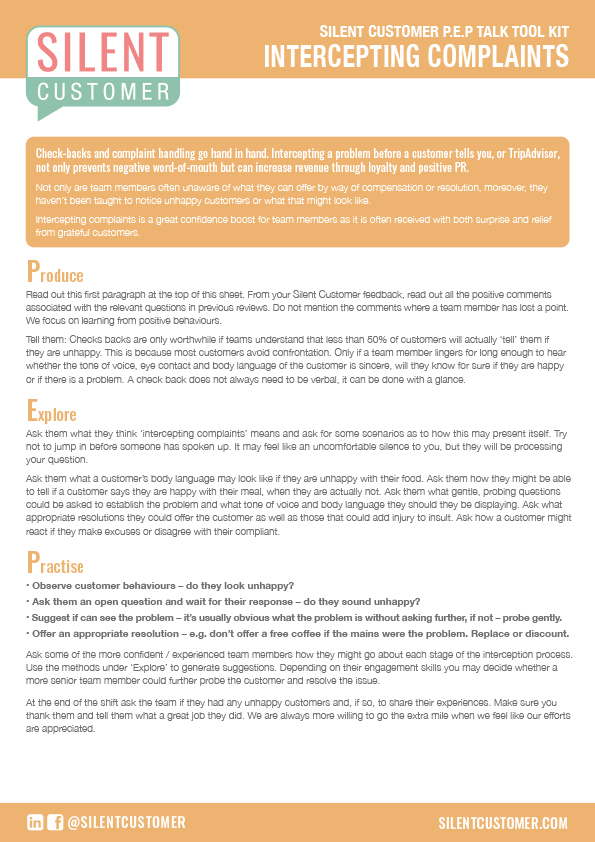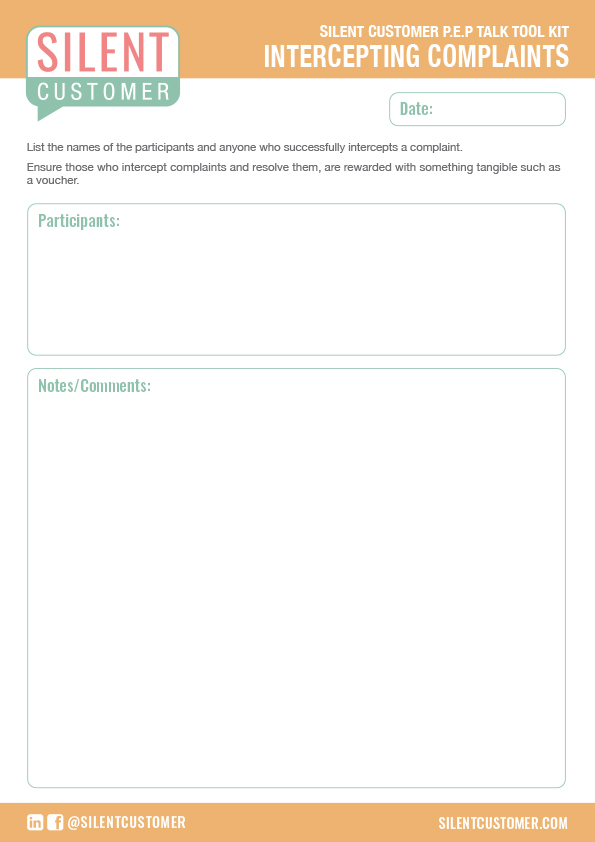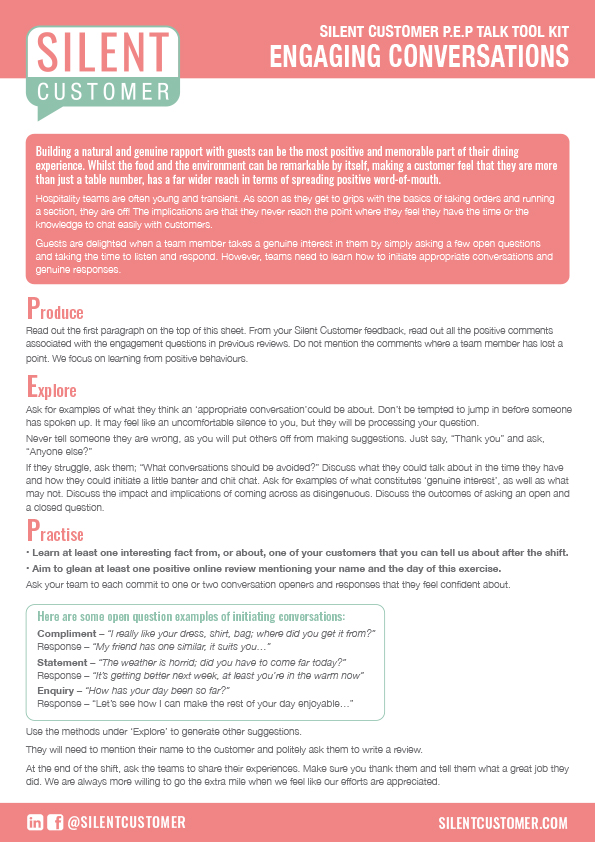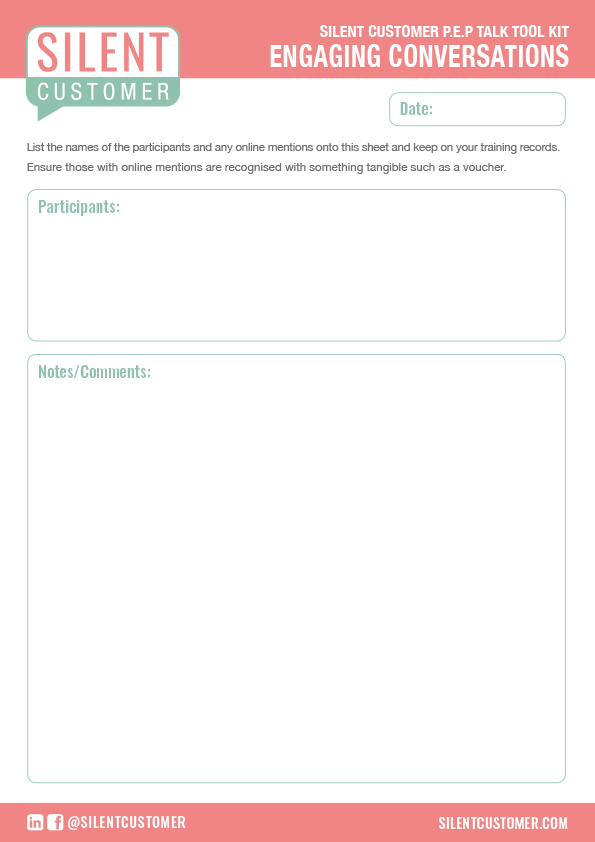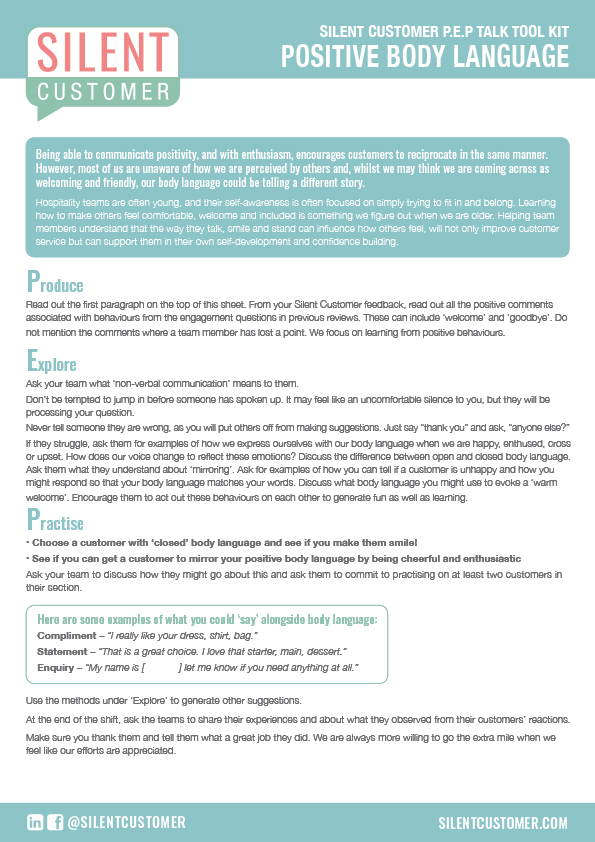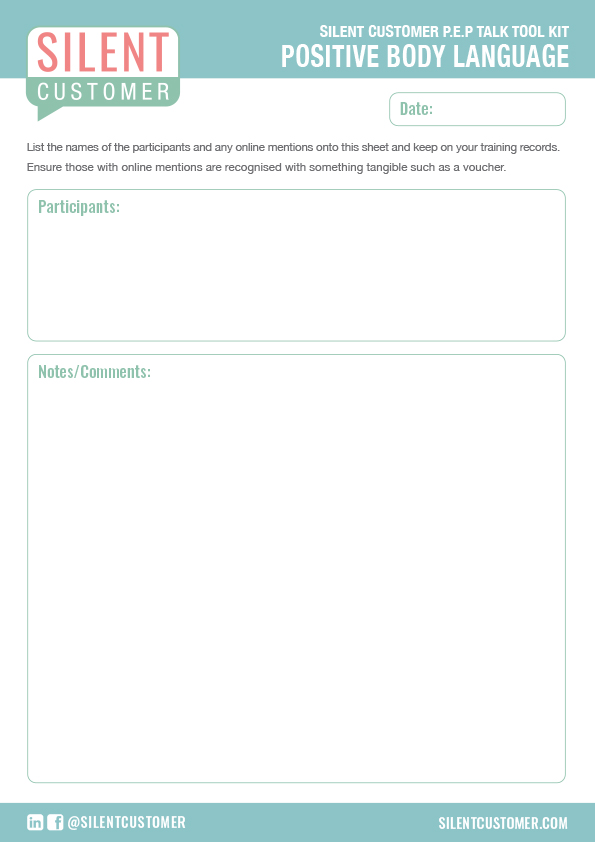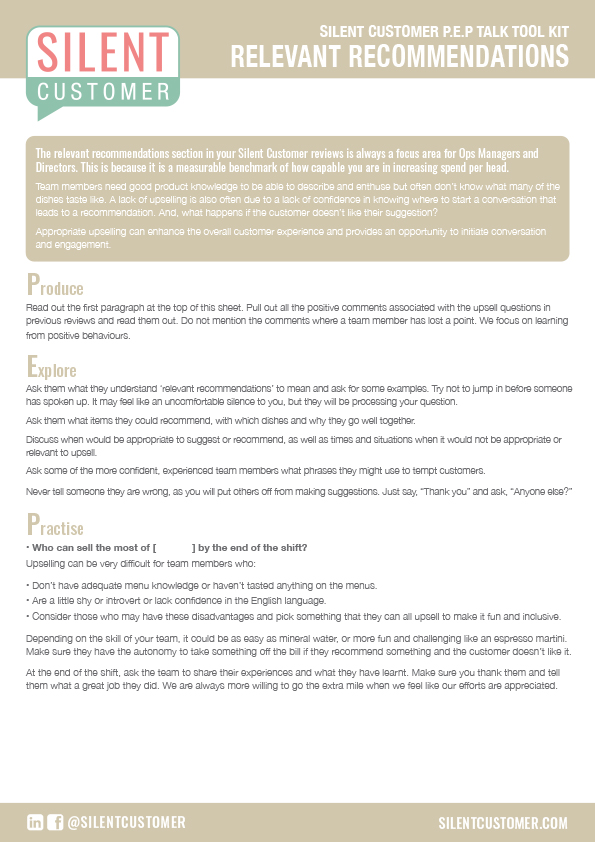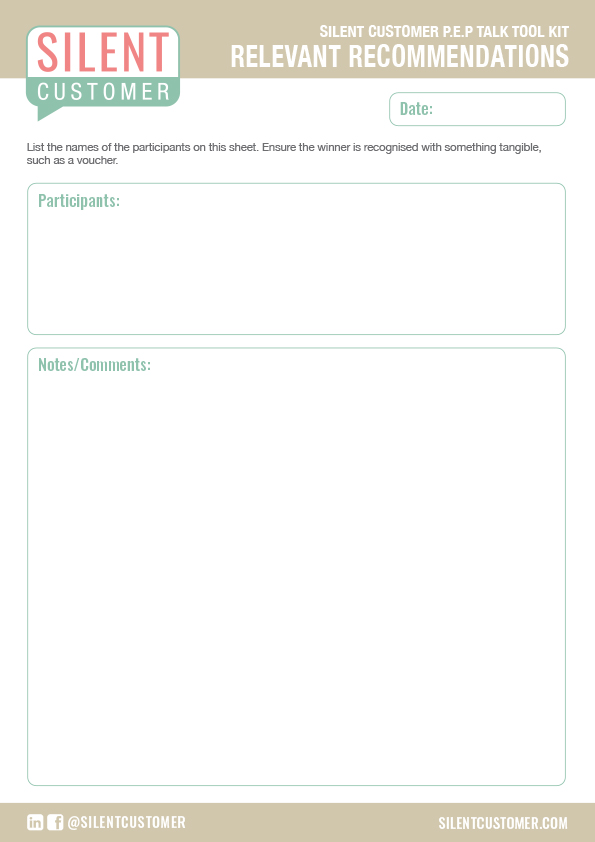What is Mystery Shopping?
In this blog, Janet Wood, Founder and Director of Silent Customer, answers questions about mystery shopping and what makes Silent Customer stand out in the Hospitality industry.
What Do You Do?
The most common question I get asked is: ‘What do you do?’. My answer to this is with another question: ‘Do you know what mystery shopping is?’.
16 years ago, when I started Silent Customer, I was told I needed an ‘elevator pitch’, which went along the lines of ‘Silent Customer delivers detailed, unbiased feedback from real people to enable owners of pubs, hotels and restaurants to drive revenues and reduce revenue leakage’.
This was generally met with blank looks. I think elevator pitches are akin to a waiter reading out a long list of specials that you will forget as soon as the last dish is recounted to you. The very fact that they are ‘reading’ off a list indicates that it is a Mensa test above most peoples’ capabilities!
Personally, I think elevator pitches are a bit like busting into a spontaneous song in the middle of a conversation – embarrassing and a bit weird!
Now I make my answer less painful for the person asking by cutting through the flim-flam and saying: ‘Do you know what mystery shopping is?’. This is usually met with one of three responses:
- “Yes, is mystery shopping when someone goes into a shop and buys something secretly and then gives feedback.”
- “No, what is mystery shopping?”
- “Is mystery shopping that tv show where people eat in the dark?!” (I believe this stems from a TV programme years ago, but it still perplexes me!).
What Makes Silent Customer Different?
As answer number one correctly suggests, mystery shopping is when someone experiences and then reviews the customer experience of a particular shop. What makes us at Silent Customer different is that we specialise in hospitality businesses such as pubs, restaurants and hotels. Our mystery shopping clients include the likes of Punch Pubs and Rick Stein.
We send out our approved mystery dining members to experience restaurants, pubs and hotels as real customers. In return for completing a detailed survey about their experience, we reimburse their meal and/or stay. The completed surveys are then sent to the owners of the restaurant, pub or hotel so that they can use the feedback and data collated by our state-of-the-art software to make improvements in their business.
Do you Get to Eat in Loads of Restaurants for Free?
These days, as the Director of Silent Customer I rarely assess locations myself since we now have a database of over 10,000 mystery shoppers who are available all over the UK.
Our surveys are long, our briefs are very detailed, and we are very strict on our mystery shopper credentials. So, our team of mystery shoppers have to work hard for their ‘free meals’ and stays.
If you are interested in becoming a mystery shopper with Silent Customer, you can register via our website. Once you are registered our software will show you jobs that are in your area. This is called a ‘job board’. You can apply for an assignment and if successful you will be asked to read the brief and carry out the job as per our client’s specifications.
If you want to know more about being a mystery shopper AKA a Silent Customer, please head over to our Mystery Guest page to find out more or get in touch with one of our friendly team on 01491 572 701 or email info@thesilentcustomer.com.



